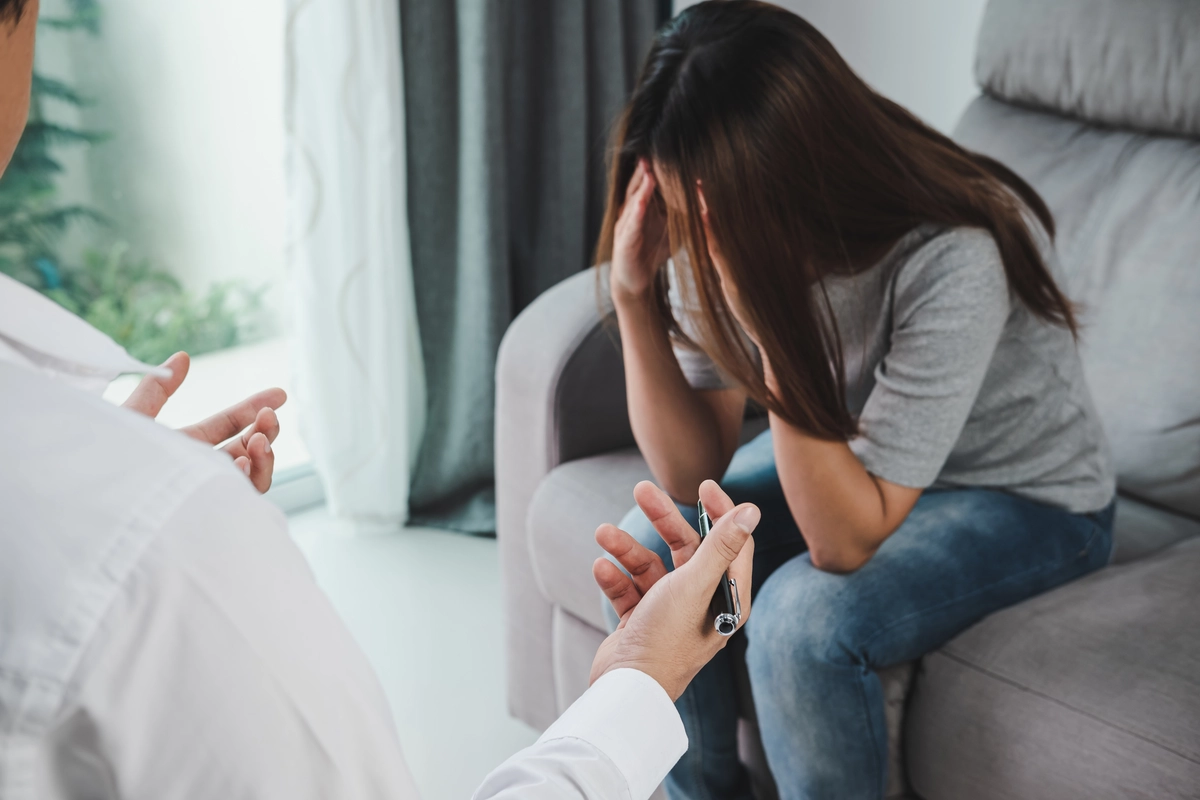24/7 Helpline:
(866) 899-111424/7 Helpline:
(866) 899-1114
Learn more about Bipolar Disorder Treatment centers in Encino
Bipolar Disorder Treatment in Other Cities

Ascend Healthcare
Ascend Healthcare, in Encino, California, provides trauma-informed residential addiction recovery se...



























Serenity Recovery Center
Serenity Recovery Center is located in Encino, California. Serenity Recovery Center is a private reh...





Other Insurance Options

Holman Group

Oxford

EmblemHealth

Group Health Incorporated

ComPsych

Meritain

BlueCross

State Farm

Premera

Sutter

Ambetter

Covered California

Aetna

Regence

Private insurance

BHS | Behavioral Health Systems

Medical Mutual of Ohio

Humana

Optima

UnitedHealth Group